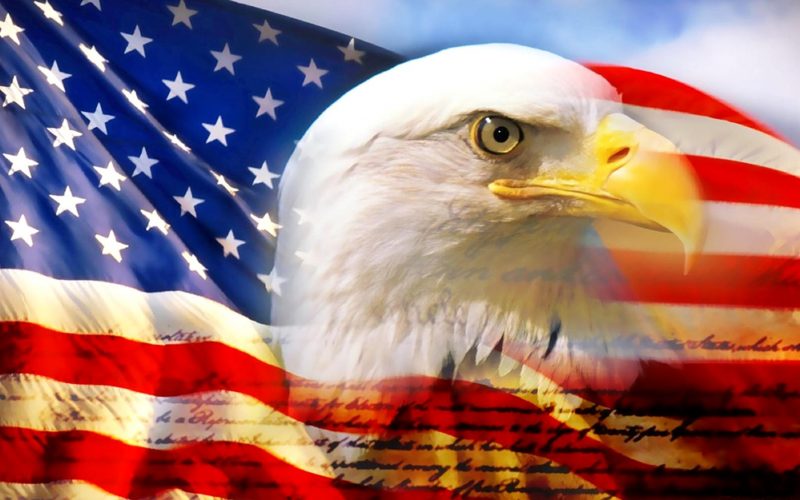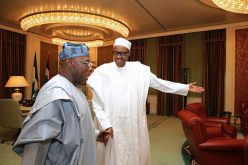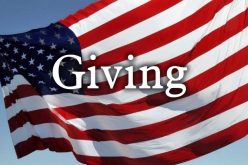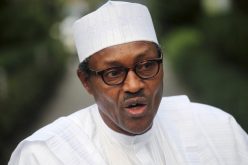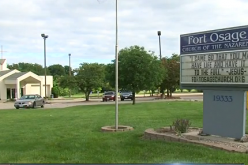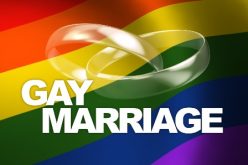 By Jeff Schapiro , Christian Post Reporter
By Jeff Schapiro , Christian Post Reporter
Is religion losing influence in the U.S.? Most Americans say it is, but also think society would be better off if more people were religious, according to a recent poll.
A Gallup poll of 1,535 adults conducted earlier this month has revealed that 77 percent of Americans believe religion is losing its influence on American society, while 20 percent say its influence is on the rise. The poll results are the most negative evaluations of religion’s influence in America since 1970.
By considering how often survey respondents attend church services or how highly they value religion, researchers determined that those who are considered “highly religious” and those who aren’t religious are nearly equally as likely to believe religious influence is on the decline. Among those who attend church weekly, for example, 77 percent said religion is losing its influence, as compared to 72 percent of those who attend church “nearly weekly/monthly” and 79 percent who attend “less often.”
There is a larger percentage gap, however, between people who associate with different ideologies and political parties. Conservatives and Republicans are more likely to say religion is losing its influence than liberals and Democrats.
Since the question was first posed in 1957, Americans have generally said religion’s influence is decreasing. There have been some exceptions, however, most recently in 2005, early 2002 and late 2001. In December 2001, several months after the 9/11 terrorist attacks, belief that religion’s influence was increasing in the U.S. hit a record high with 71 percent of people saying it was on the rise.
“The view most Americans hold – that religion is losing its influence on American life – does not appear to reflect personal religiousness, but rather appears to reflect widely shared judgments on factors relating to the course of events in the U.S.,” wrote Gallup Editor in Chief Frank Newport concerning the study’s findings. “In 1969 and 1970, with the Vietnam War raging in controversial fashion and with the cultural and sexual revolutions underway, and to a lesser degree at times in the 1990s, Americans held negative views similar to those they hold today. The degree to which these views changed during the Reagan years, and after 9/11, suggest that they could change again in the years ahead.”
Survey participants were also asked, “If more Americans were religious, would that be positive or negative for American society?” Three-quarters (75 percent) said it would be positive, while 17 percent said negative. Those who attend church frequently and place a higher importance on religion in their own lives were most likely to indicate that such a change would be positive, but over half (58 percent) of those who rarely if ever attend church and nearly a third (31 percent) of those who said religion is “not very” important to them also agreed.
“The fact that most Americans think the country would be better off if more Americans were religious shows that many of those who believe religion is losing its influence may think this is a negative state of affairs,” wrote Newport.

